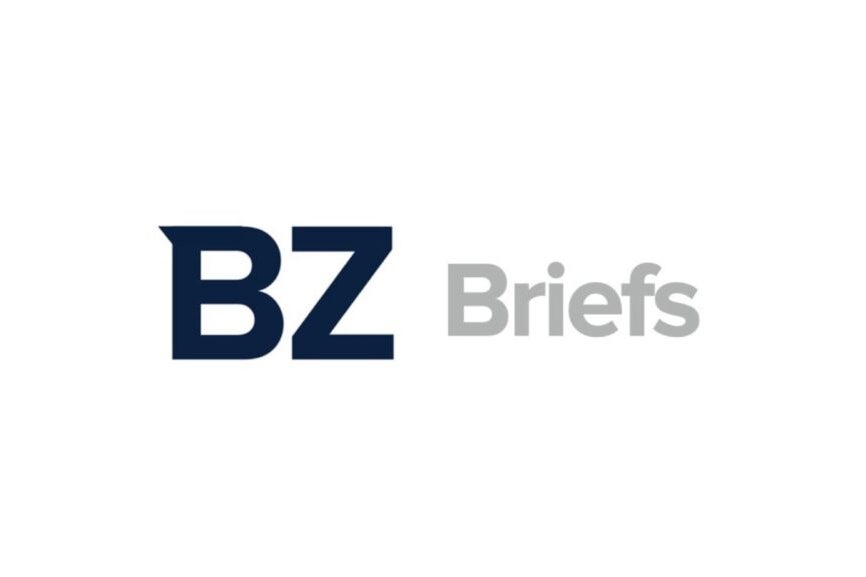It’s difficult to predict the future, yet Superforecasting provides a more accurate picture than most other methods. getty [+] predicting approaches
The philosopher Isaiah Berlin wrote an essay called “The Hedgehog and the Fox.” Berlin divides the universe into two separate categories using a cryptic phrase from the Greek poet Archilochus – “the fox knows many things, but the hedgehog understands one huge thing” – Hedgehogs are specialists, intimately familiar with the subtleties of their own domain (but being clueless of much beyond it), whereas foxes are generalists, with a broad but possibly superficial grasp of a variety of realms.
The fox and the hedgehog. getty
Hedgehogs abound in the financial services industry. We’ve all met them: strategists, fund managers, and even CEOs whose entire worldview is dominated by a single fixation, be it inflation, debt, or disruptive technology. There are probably fewer foxes around – generalists without a hobbyhorse. This realization – that finance is a world of specialists in need of a generalist infusion – led me to Superforecasting.
Professor Philip Tetlock of the University of Pennsylvania invented superforecasting. It’s based on the notion that there’s only one thing better than the wisdom of the multitude: the wisdom of a wise crowd. Tetlock’s Good Judgement initiative uses the collective wisdom of a global network of generalists known as the Superforecasters to forecast anything from elections to market movements to other big geopolitical events. Superforecasters surpassed other prediction methods in a study, even surpassing a team of government experts with access to classified data.
With access to sensitive material, superforecasters even surpassed government agencies.
getty
ADDITIONAL INFORMATION FOR YOU
When applied to unpredictable occurrences, superforecasting understands the power of probabilistic modeling. The types of questions it asks, as well as the complexity of the potential consequences it applies to these inquiries, are part of the project’s genius. Its staff of Superforecasters, chosen from academia, government, and the corporate sector, apply their generalist minds to circumstances of seemingly insurmountable complexity. The combined intelligence of thousands of razor-sharp minds, combined with the illuminating clarity of Good Judgement’s questions, yields results that regularly defy the forecasts of more well-known forecasting organizations.
We’ve been applying some of the ideas of Superforecasting in our investment practice for a while at Man Group, but it wasn’t until the fall of last year that we realized that Good Judgement correctly forecasted the increasing sentiment toward coronavirus vaccines far before the rest of the globe. The Superforecasters had predicted the rapid rebound in stocks in early November for several weeks, which did not go unnoticed on hedge fund trading desks.
We decided to form a joint venture with Good Judgement called Good Question, in which a team of Man Group investment professionals led by our Special Advisor, Duke University’s Professor Campbell Harvey, aims to bring the benefits of Superforecasting to our clients by examining a number of key questions that we believe will determine the direction of financial markets in the months and years ahead. We want to harness the wisdom of crowds and apply it to the investment process in a more sophisticated and automated way than ever before.
Asking the right questions is a big part of getting the right answers.
getty
I spoke with Philip Tetlock just before we launched the joint venture, seeking to learn more about Superforecasting best practices before I began generating my own forecasts. To begin, I asked Tetlock if there was any particular field in which Superforecasting showed a distinct advantage, whether it be politics, economics, or elsewhere. “Perhaps it’s less about certain spheres than the type of question you’re trying to answer,” he explained. “Superforecasting may have less to contribute if a high-quality forecast is already available, such as projecting day-to-day oil prices when deep liquid futures markets are already accessible. However, the Superforecasters are more likely to add value when forecasting what OPEC ministers will do at their next meeting, or whether Iran and Saudi Arabia will reach some sort of tacit agreement on oil supply—that is, when the forecast is about key leaders’ decisions that will drive oil prices one way or another. Where there is a lot of information in the public domain, most of it in dispute and noisy, and where trustworthy forecasts are missing, superforecasting can flourish. That’s one of the reasons I believe the Superforecasters have performed so well on Covid-related issues in the last year and a half. When many traditional models struggled to respond to the confused signals, they were able to extract massive volumes of information and viewpoints and filter out the ephemeral. “What about the other way around, I wondered? Is there a point at which the process breaks down?” When it comes to judgments that are taken behind closed doors in a smokey back room, such as some types of EU Commission decisions, the knowledge of the audience can be limited. When Kim Jong-un initially came to power, Superforecasters had some difficulty anticipating him, but after a while, they began to notice patterns in his behavior that helped them make better predictions.”
FEBRUARY 26TH, LANG SON, VIETNAM: Kim Jong-un waves from his car.
courtesy of Getty Images
I explained to Tetlock that finance is a world of specialised hedgehogs in desperate need of more generalist foxes. Is he in agreement? “In finance, it sometimes pays to be a hedgehog,” he remarked. “Many successful investors believe they see something the rest of the market doesn’t, and that they can hold their positions long enough for them to pay off. They would, however, benefit from having a large number of foxes on their analytic team to ensure that they have the most up-to-date knowledge for their choice. When hedgehogs predict the market correctly, it’s not always clear if they were “luckier than wise,” as the saying goes. Foxes make it a point to keep track of their thinking as they go along, so they can double-check that they were correct for the appropriate reasons. ”
I wondered if getting a group of specialist hedgehogs together in a collaborative forum might allow them to engineer a team of generalist foxes. He explained, “It’s impossible to turn a boardroom of hedgehogs into a single logical fox.” “If everyone is set in their ways, the group won’t be able to produce new insights on its own and suddenly become foxy. The danger is perhaps the opposite: a boardroom of foxes brimming with sparkling new ideas can spend so much time debating and debating that they get paralyzed by analysis paralysis, reverting to a hedgehoggy status quo. However, I believe this occurs more frequently on academic committees than in real-world boardrooms.”
getty foxes in the boardroom
One of the challenges of being an investment strategist is that you must be correct not only about an event, but also about when it will occur and how it will be portrayed in the financial markets. I asked Tetlock if Superforecasting might help with these second-order concerns, and if it could help excellent strategists become great strategists.” Macro strategists and other financial gurus are specialists at explaining how we got here and identifying the key threats to the forecast. It’s what I call ‘Second Generation Superforecasting,’ where getting the question right is half the battle. However, those experts can be terrible at predicting the likelihood of those hazards or when they will occur. So why not try this division of labor: invite the specialists to come up with the questions, and then use the crowd’s wisdom to assess the risks? Of course, many strategists have made great careers by skillfully expressing their points of view in a way that makes them look good at all times. Wall Street strategists who refuse to make their projections properly testable should be called out by buy-side analysts and media reporters. Keep them to a higher standard and hold them accountable, just as investors and Superforecasters do on a daily basis.”
Superforecasting is addictive because it necessitates profound thought, requiring you to shift your focus from geopolitics to economics to sociology. It requires you to put yourself in a variety of situations and assume the roles of statesman, Central Bank chairperson, and military strategist. But, more than anything, I’ve discovered that jumping from one forecast to the next necessitates a thorough comprehension of human behavior. And perhaps this is where the Superforecasters’ true talent lies. When you remove the superstructures of state and financial systems, as well as preconceived notions about how people would vote or the anticipated path of interest rates, you’re left with humans making decisions under duress. That, I believe, is why Superforecasters are so accurate in their forecasts. It’s intriguing to read through the forecasters’ comments below their forecasts and see how they keep coming back to the same theme: they distill things down to their essence and then ask how they would act if they were in the same circumstance. It’s stunning in its simplicity, and it has the potential to profoundly revolutionize the way we think about financial markets./n

/https://specials-images.forbesimg.com/imageserve/60e6a5adc66c327037de6c7e/0x0.jpg)



